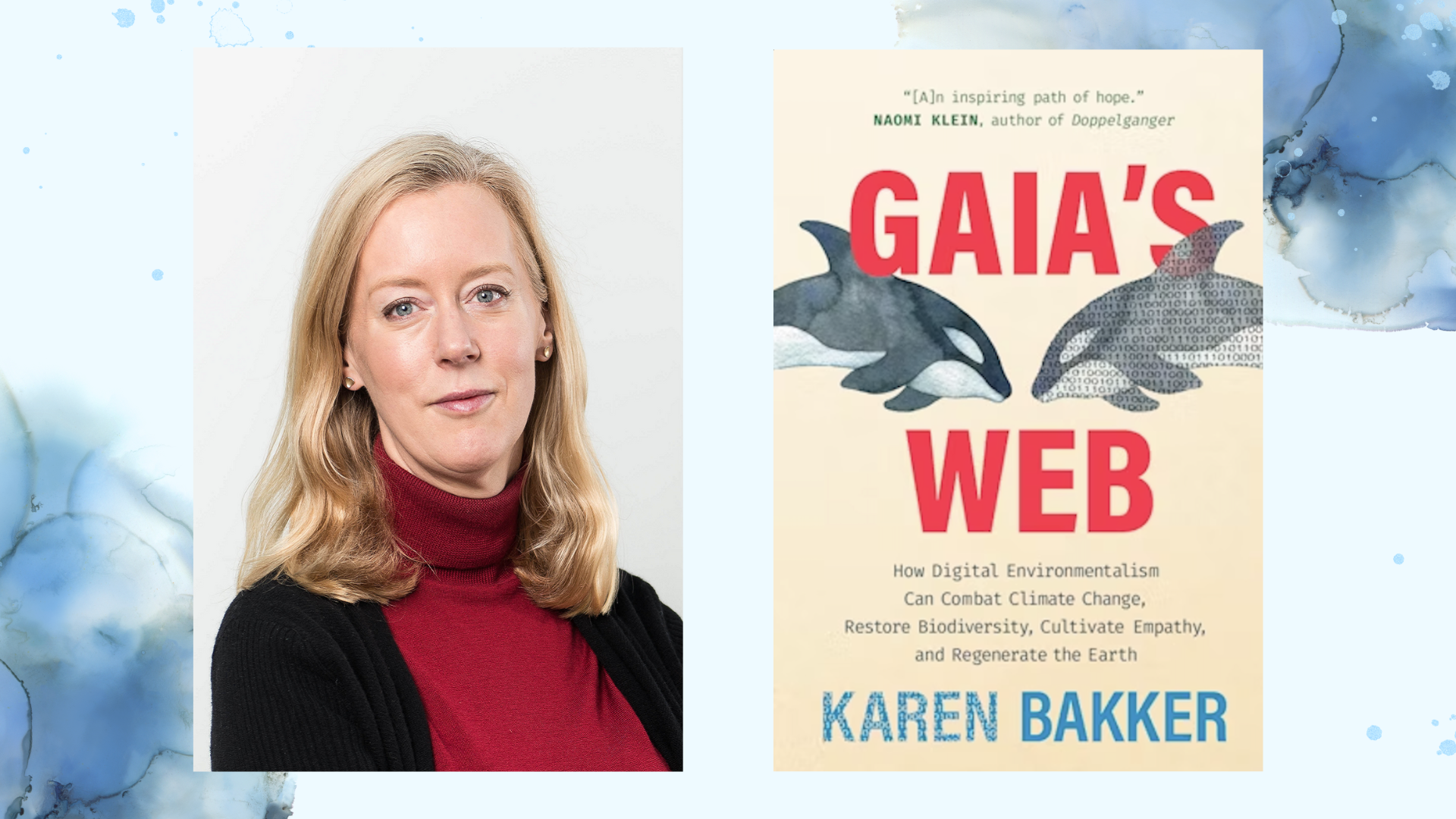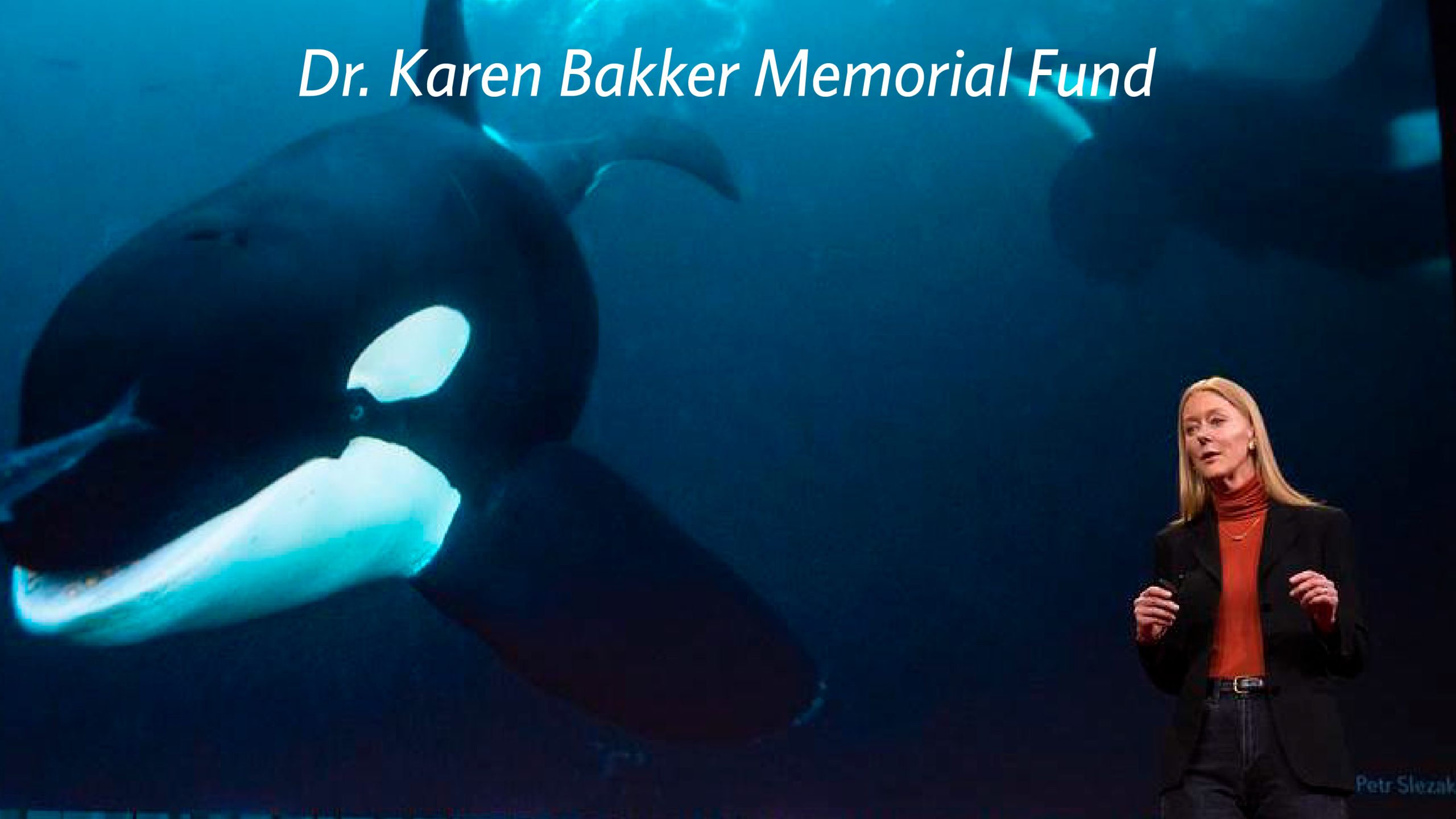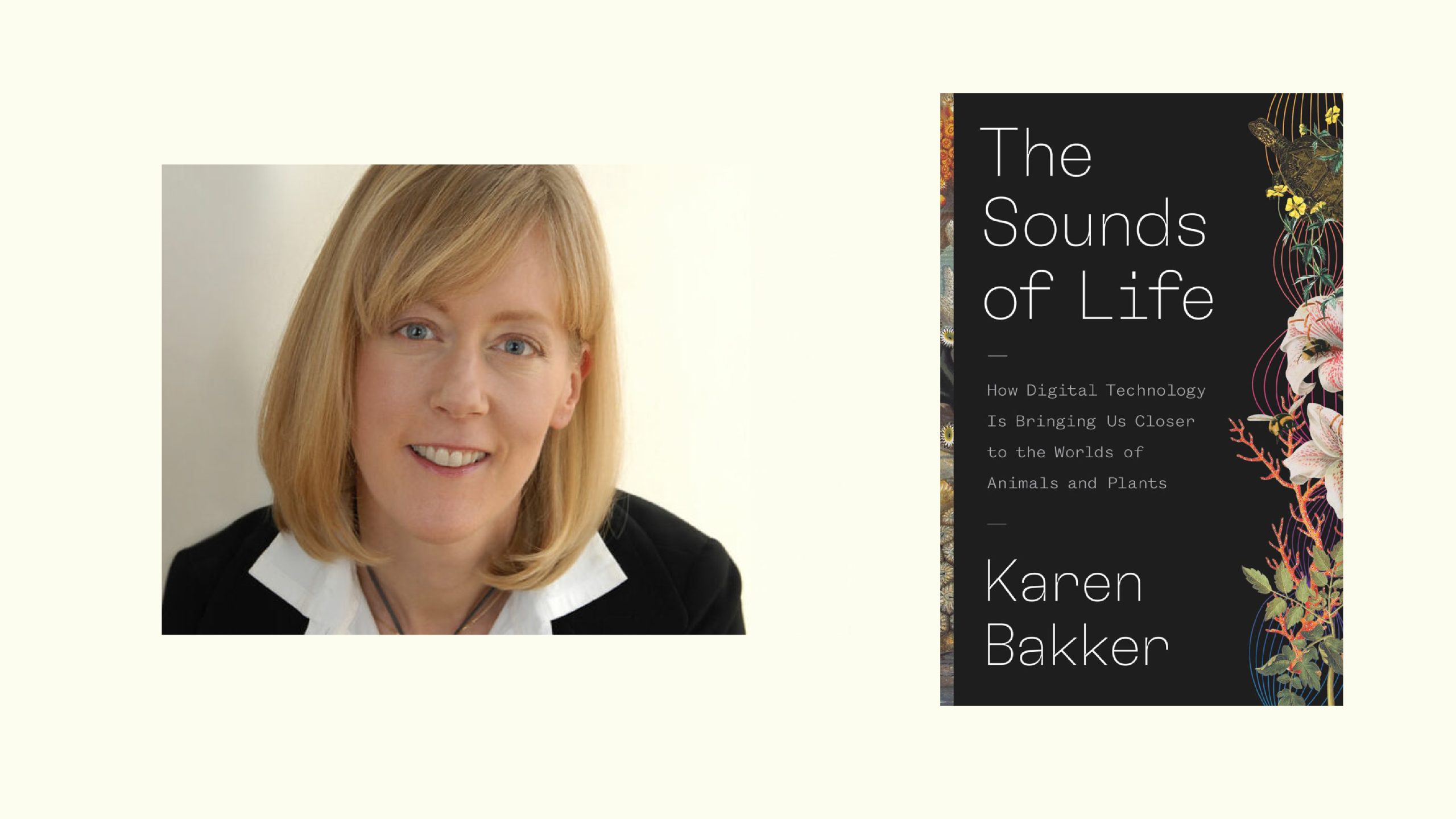Karen Bakker (1971-2023)
Research Area
Education
Oxford University, 1999, PhD
McMaster University, BA Sc
About
We are honoured that our faculty included longstanding professor Dr. Karen Bakker, an exceptional colleague, friend, wife and mother, who sadly passed away on August 14th 2023. Karen first joined the Department of Geography as an assistant professor in 2002, having earned her PhD at Oxford University, where she was a Rhodes Scholar. After twenty-one years in the department, she leaves an astonishing record of achievement: as Fellow of the Radcliffe Institute for Advanced Study 2022-3; as recipient of a John Simon Guggenheim Memorial Foundation Fellowship 2022, a SSHRC Connection Award and Trudeau Fellowship in 2017; and as Stanford University’s Annenberg Fellow in Communication, and Fellow of the Royal Society of Canada’s College of New Scholars. She is the author of more than 100 academic publications and seven books.
Karen’s primary research interests spanned political economy, political ecology, environmental studies, STS, and digital geographies. Her most recent research focused on the implications of digital technologies for environmental governance. Her award-winning book published in 2022, The Sounds of Life, explores how digital technologies are transforming our ability to listen to nature’s sounds and decode non-human communication. A Guggenheim Fellow (2022), she led the Smart Earth Project which explores the relationship between digital innovation and environmental sustainability. Karen developed this research further to examine how applications of AI and biodigital technologies are being mobilized to respond to the challenges of the Anthropocene, from climate change to biodiversity. Karen’s visionary work on digital environmentalism and multispecies future appears in her last book, Gaia’s Web.
Teaching
Publications
2024
Bakker, K. 2024. Gaia’s Web: How digital environmentalism Can Combat Climate Change, Restore Biodiversity, Cultivate Empathy, and Regenerate the Earth. MIT Press.
Bakker, K. Knight, R. Ng, R. T. Mackworth, A. K. and M. Ritts. 2024. Digital Water. In Routledge Handbook of Water and Development, edited by S. Hellberg. F. Soderbaum, A. Swain, J. Ojendal, 333-343. Routledge.
2023
Boelens, R. Escobar, A. Bakker, K. Hommes, L. Swyngedouw, E. Hogenboom, B. Huijbens, E. H. Jackson, S. Vos, Jeroen, Harris, L. M. Joy, K. J. De Castro, F. Duarte-Abadia, B. Tubino de Souza, D. Lotz-Sisitka, H. Hernandez-Mora, N. Martinez-Alier, J. Roca-Servat, D. Perreault, T. Sanchis-Ibor, C. Suhardinam, S. Ulloa, A. Wals, A. Hoogesteger, J. Hidalgo-Bastidas- J. P. Roa-Avendaño, T. Veldwisch, G. J. Woodhouse, P. and K. M. Wantzen. 2023. Riverhood: Political ecologies of socionature commoning and translocal struggles for water justice. The Journal of Peasant Studies 50 (3): 1125-1156. doi: https://doi.org/10.1080/03066150.2022.2120810
2022
Bakker, K. 2022. Phytoacoustics: Perhaps intelligence needs to be redefined and expanded to include plants. Natural History 130 (11): 30-35.
Bakker, K. 2022. The Sounds of Life: How Digital Technology is Bringing Us Closer to the Worlds of Animals and Plants. Princeton University Press. https://press.princeton.edu/books/hardcover/9780691206288/the-sounds-of-life
Bakker, K. 2022. Smart Oceans: Artificial intelligence and marine protected area governance. Earth System Governance 13: 100141. https://www.sciencedirect.com/science/article/pii/S2589811622000106
Ritts, M. and K. Bakker. 2022. New Forms: Anthropocene Festivals and Experimental Environmental Governance. Environment and Planning E, special issue on Environmental Data Infrastructures (edited by Nost, E., and J. Goldstein). doi: https://doi.org/10.1177/2514848619886974
Bakker, K. and M. Ritts. 2022. Environmental Governance in a Wired World. In The Nature of Data, edited by E. Nost and J. Goldstein, 61-76. University of Nebraska Press. doi: https://doi.org/10.1016/j.gloenvcha.2018.07.011
2021
Bridge, G. and K. Bakker. 2021. Material Worlds Redux. In Handbook of Critical Resource Geography, edited by M. Himley, E. Havice, and G. Valdivia, 43-56. London: Routledge.
Robb, D. Baka, J. Harrison, C. and K. Bakker. 2021. Visualizing water-energy nexus landscapes. WIRES Water 8 (3). doi: http://doi.org/10.1002/wat2.1548
Ritts, M. and K. Bakker. 2021. Conservation acoustics: Animal sounds, audible natures, cheap nature. Geoforum 124(1): 144-155. doi: https://doi.org/10.1016/j.geoforum.2021.04.022
2020
Bakker, K., Rosemary, K., Leape, J., Mackworth, A. K., Ng, R., and Ritts, M. 2020. Digital Technologies and Dynamic Resource Management. IEEE International Conference on Smart Computing (SMARTCOMP): 368-373. doi: 10.1109/SMARTCOMP50058.2020.00079.
Baka, J., Hesse, A., Neville, K. J., Weinthal, E., and Bakker, K. 2020. Disclosing Influence: Hydraulic fracturing, interest groups, and state policy processes in the United States. Energy Research & Social Science 70. https://doi.org/10.1016/j.erss.2020.101734.
Bakker, K. and Crane, C. Water Teachings. Vancouver: University of British Columbia, 2020. Available online: https://www.waterteachings.com/
2019
Demaria, F. Kallis, G. and K. Bakker. 2019. Geographies of degrowth: Nowtopias, resurgences and the decolonization of imaginaries and places. Environment and Planning E: Nature and Space 2 (3): 431-450. doi: https://doi.org/10.1177/2514848619869689
Diver, S. Ahrends, D. ARBIT, T. and K. Bakker. 2019. Engaging Colonial Entanglements: “Treatment as a State” Policy for Indigenous Water Co-Governance. Global Environmental Politics 19 (3): 33-56. doi: https://doi.org/10.1162/glep_a_00517
Behn, C. and K. Bakker. 2019. Rendering Technical, Rendering Sacred: The Politics of Hydroelectric Development on British Columbia’s Saaghii Naachii/Peace River. Global Environmental Politics 19 (3): 98-119. doi: https://doi.org/10.1162/glep_a_00518
Baka, J. HESSE, A. Weinthal, E. and K. Bakker. 2019. Environmental Knowledge Cartographies: Evaluating Competing Discourses in U.S. Hydraulic Fracturing Rule-Making. Annals of the American Association of Geographers: 1-20. https://doi.org/10.1080/24694452.2019.1574549
Bakker, K. and R. Hendriks. 2019. Contested Knowledges in Hydroelectric Project Assessment: The Case of Canada’s Site C Project. Special issue on “Contested Knowledges: Water Conflicts on Large Dams and Mega-Hydraulic Development”. Water 11 (3). doi: https://doi.org/10.3390/w11030406
Awards
Harvard Radcliffe Fellow (2022 – 23)
Guggenheim Fellow (2022)
SSHRC Connection Award (2017)
Trudeau Fellowship (2017)



